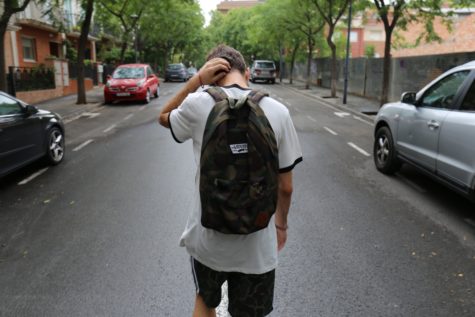DURHAM, N. C. — Young victims of physical abuse are more likely to later become high school dropouts, a new study finds.
Researchers at Duke University looked at data from the National Comorbidity Survey Replication and the National Survey of American Life, which contained data on nearly 9,000 American youths, to analyze the link between childhood violence and academic achievement.

Young boys and girls who had been subjected to violence earlier in life were each about 25 percent more likely to quit school before the age of 16, the researchers found.
“Actually, we were stunned by the magnitude of the violence directed against young women and young men,” admits William A. Darity, the study’s co-author, in a university release.
“Moreover, these assaults are not confined to any social class, racial, or ethnic group,” he adds. “This is authentically an American problem. One of its manifestations is the negative effect on persistence in school for many of the victims.”
These findings carry much weight, considering how over a third of women and nearly three-tenths of men self-reported having been the victim of some form of assault. Importantly, most states make education compulsory until one turns 16, meaning few of those examined were legally eligible to leave school.
Through their analysis, the researchers were able to make a distinction between different types of violence.
Men, they found, tended to encounter more community-based aggression (i.e., violence that took place outside the house), while women were much more likely to be victims of sexual assault.
Adolescent females who were victims of both sexual assault and child abuse were most likely to drop out; for males, experiencing child abuse and community violence had the highest correlation with calling it quits.
Even a single incident of sexual assault decreased one’s odds of graduating, the researchers found, highlighting how critical it is to adequately help victims of abuse.
Previous research has shown that high school dropouts, who comprise a fifth of the American population, make nearly 20 percent less than their peers, the researchers emphasize.
Darity et al. published their findings in the journal Review of Behavioral Economics.
